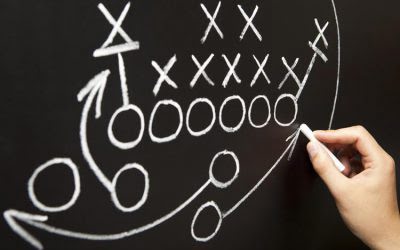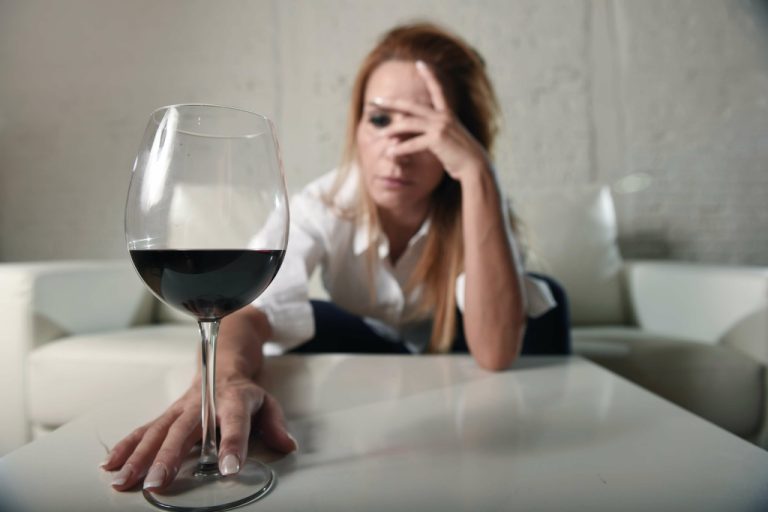If your loved one is falling into dry drunk behavior patterns, your support and encouragement can help them learn to manage these symptoms and their impact. Offer your empathy and let them know you’re there to provide a listening ear whenever they need to talk. You can also reinforce the value of continuing to attend support group meetings, where they can hear from other people who have encountered similar issues. The terms “dry drunk syndrome” and “sober drunk” refer to the conditions that afflict individuals after the point where they no longer have a physical craving for alcohol. During these periods, recovering addicts may continue to behave as if they’re addicted.

Finally, engaging in healthier activities such as exercise, mindfulness practices, or creative hobbies can help to reduce stress and improve overall mental wellness. However, effective treatment requires more than “just stopping” the use of drugs or alcohol. They are addicted to activities and avoiding real intimacy in their relationships by being unavailable to their partner and the family. Not everyone in recovery experiences dry drunk syndrome, but for many people, it’s part of their journey.
Dry Drunk Definition Continued
Dry alcoholic or dry drunk is one of those problematic behavior patterns that has been identified in people who have ended their drinking days. Engaging in individual therapy sessions with trained professionals can help address the deep-seated emotional and psychological triggers that often accompany dry drunk syndrome. A multitude of programs and treatments exist, tailored to individual needs, ensuring that every person can find an approach that resonates best with their unique situation. Consult with a healthcare professional about a personalized treatment plan. It’s crucial to understand that while dry drunk syndrome isn’t a formal medical diagnosis, it holds significant weight in describing the behaviors and hurdles faced by many on the journey to holistic recovery. No one expects you to recover from an alcohol use disorder alone—nor should you.

At Gateway, we recognize the power in numbers, and that’s why we offer recovery support groups in addition to a variety of addiction therapy services. For many people who struggle with alcohol use, the work doesn’t stop when they stop drinking and drinking anymore might not be the solution to all their problems. Many people still struggle with the emotional and psychological issues that contributed to their drinking in the first place. Dry drunk syndrome is part of the phenomenon known as post-acute withdrawal syndrome (PAWS). When a heavy drinker quits drinking, their brain must adjust to the chemical damage that alcohol has caused.
Getting Help for a Loved One
If you feel that any of our content is inaccurate, out-of-date, or otherwise questionable, please contact at They may also wonder if others will still like them or want to spend time with them, or if they can even keep the same group of friends once sobriety is achieved. Human beings can be influenced by several issues which all tend to reinforce and lead to excessive dependence on sober alcoholic chemicals of any type. Always being busy is also a form of addiction to an internal chemical of excitement and activity. John C. Umhau, MD, MPH, CPE is board-certified in addiction medicine and preventative medicine. For over 20 years Dr. Umhau was a senior clinical investigator at the National Institute on Alcohol Abuse and Alcoholism of the National Institutes of Health (NIH).
- Begin with a free call to an addiction & behavioral health treatment advisor.
- If someone you know is exhibiting the symptoms of dry drunk syndrome, encourage them to continue treatment.
- If one approach doesn’t feel right, take a step back and consider a different one.
- This time can also be a great place for reflection and analysis of one’s addiction – a discussion that can eventually uncover the root causes of the struggle and provide the client with healthier coping mechanisms.
- If a person is having difficulty with their PAWS symptoms, they should speak with a healthcare professional.
What most people don’t realize about dry drunkenness, however, is that they’re more prone to experiencing it in their daily lives because of how prevalent it continues to be. Instead, the following symptoms can develop slowly over time, especially during the first year of recovery. Moreover, post-acute withdrawal symptoms (PAWS) caused by dry drunk syndrome may linger much longer than expected. If your only focus is on not drinking, it’s like treating a symptom rather than looking for a cure. Comprehensive recovery only comes after you understand and treat the reason you first turned to alcohol.
Substance Use Treatment
They might feel frustrated or angry, struggle with their desire to drink, or express a lot of negative thoughts. Some experts suggest that people who leave treatment programs early or don’t address underlying factors that contribute to alcohol misuse have a higher chance of experiencing this syndrome. If you’re already coping with depression or other mental health concerns, these symptoms might further complicate matters and make you feel even worse. This can sometimes trigger renewed alcohol use, especially in the absence of more helpful coping techniques. While the phrase “dry drunk” is controversial, the set of symptoms it refers to are a normal part of recovery for plenty of people and nothing to be ashamed about.
It was chosen because people experiencing it can understand the symptoms and behaviors that make up the syndrome. Whether it is due to lack of funding or available time, a person in recovery may not be able to attend an inpatient or outpatient program other than to detox from alcohol. This may lead to a lack of insight into the underlying causes of their alcohol use disorder. There are terms that people use that they never consider to be offensive, like alcoholic. Instead, we refer to someone as having an alcohol use disorder or struggling with alcoholism or alcohol addiction.
Supporting a loved one
When this happens, the individual is considered as having a dry drunk syndrome or DDS. Dry drunk syndrome, also known as Post-Acute Withdrawal or PAW is defined as a condition where an alcoholic who has quit alcohol continues to demonstrate the same behaviors they had when they were abusing alcohol. Integrated treatment involves treating both disorders at the same time. This can allow you to treat the symptoms of your mental health disorder without turning to alcohol or drugs. Based on this definition, the symptoms of “dry drunk syndrome” may constitute a relapse, even if the person doesn’t drink.
The critical thing to remember is that there is life after alcoholism and DDS. Nevertheless, DDS does represent one of the many dangers of flirting with alcohol and should, therefore, serve as a cautionary tale for those not yet affected. Treatment options for alcohol abusers are available throughout the US and include group and private counseling, inpatient and outpatient treatment for alcoholism, sober living houses and AA meetings. The alcohol rehab facilities offer different payment options, which are usually covered by insurance. Today, medicine has a solid understanding of what a sober alcoholic is and the challenges they face in finding lasting recovery. Psychological advances have also identified triggers and causes of the syndrome and how to work around them to help the individual experience true recovery.
This course of action can make an individual’s sobriety more tenuous, ultimately undoing all the hard work done up until that point. In fact, in many substance abuse treatment centers, part of the program is identifying those in your support system. Since 1968, our goal has been to help individuals achieve a life of sobriety free from addiction.
- Even if you have failed previously and relapsed, or are in the middle of a difficult crisis, we stand ready to support you.
- Confusion abounds as both have desired sobriety and yet now that it is here, wonder why the relationship seems to be on rockier ground than when the alcoholic was drinking.
- Given that relapse is a process, it may be recognized and understood prior to use, the author claims.
- Dry drunk syndrome is part of the phenomenon known as post-acute withdrawal syndrome (PAWS).
- Mood swings, poor impulse control and an inability to make decisions are also part of dry drunk syndrome.
The chemical name ethanol sometimes refers to alcohol, a depressant drug active ingredient in drinks such as beer, wine, and distilled spirits (hard liquor). We are here to provide assistance in locating an Ark Behavioral Health treatment center that may meet your treatment needs. You nor your loved one are under any obligation to commit to an Ark Behavioral Health treatment program when calling our helpline.
